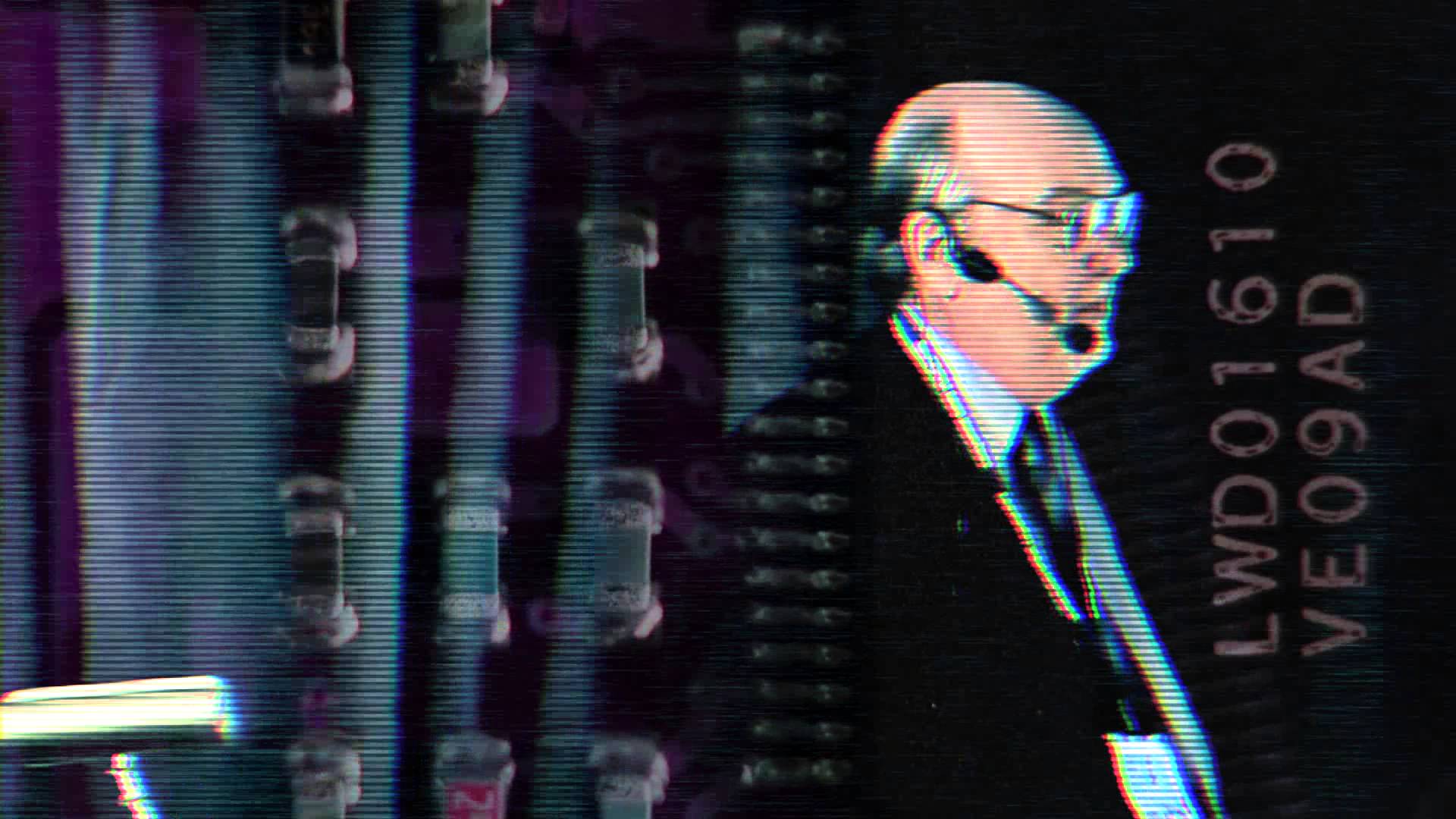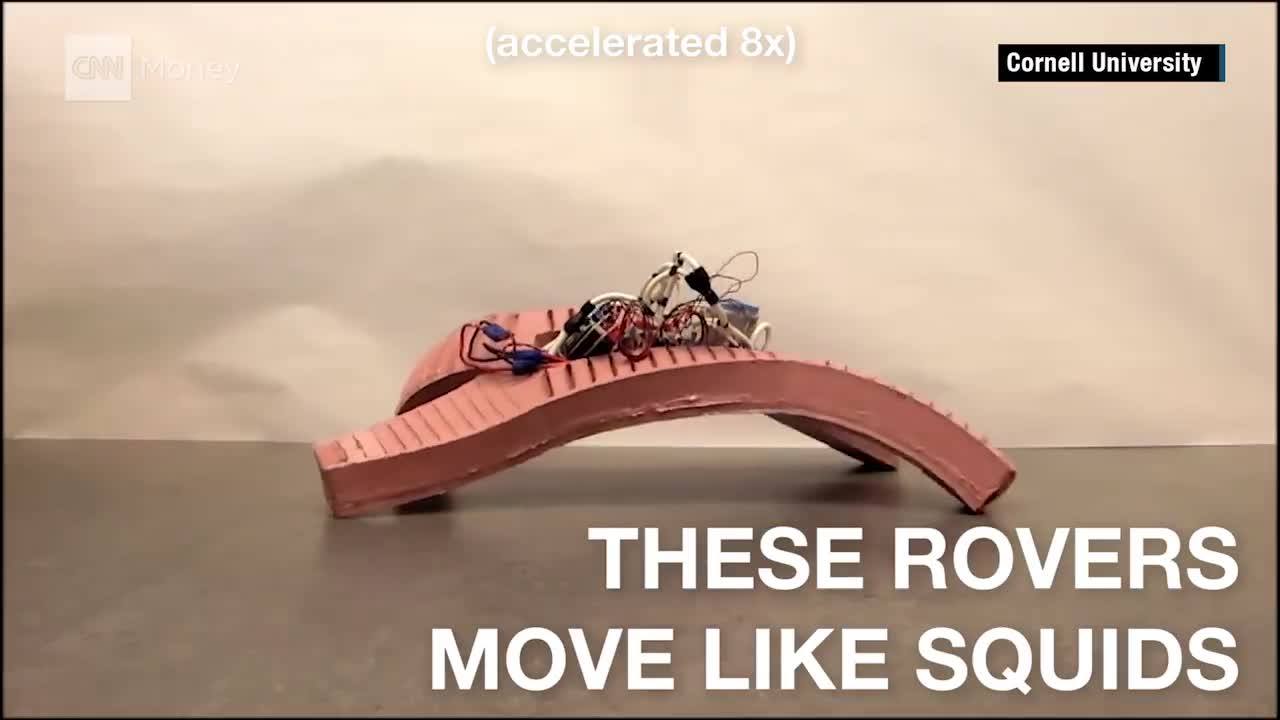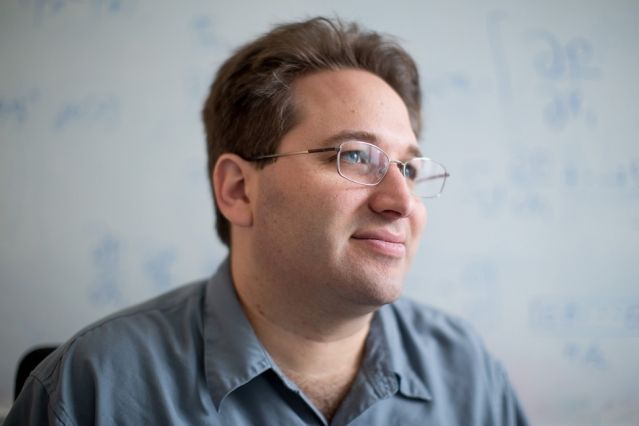Robot doctors, virtual reality vacations and smart toothbrushes. These are just a few of the things the world can expect to see in the not-so-distant future, says Stanford and Duke researcher and lecturer Vivek Wadhwa.
Speaking to a crowd of more than 300 people in Palm Beach in December at billionaire Jeff Greene’s “Closing the Gap” conference, which addressed the growing divide between the wealthy and poor and how the rise of machines might kill white-collar jobs, Wadhwa sketched a sci-fi vision for the future that he says will soon be a reality thanks to rapid technological innovation.
“The future is going to be happening much, much faster than anyone ever imagined,” said Wadhwa, explaining that tech growth has been exponential — meaning as technology advances it does so with increasing speed.









